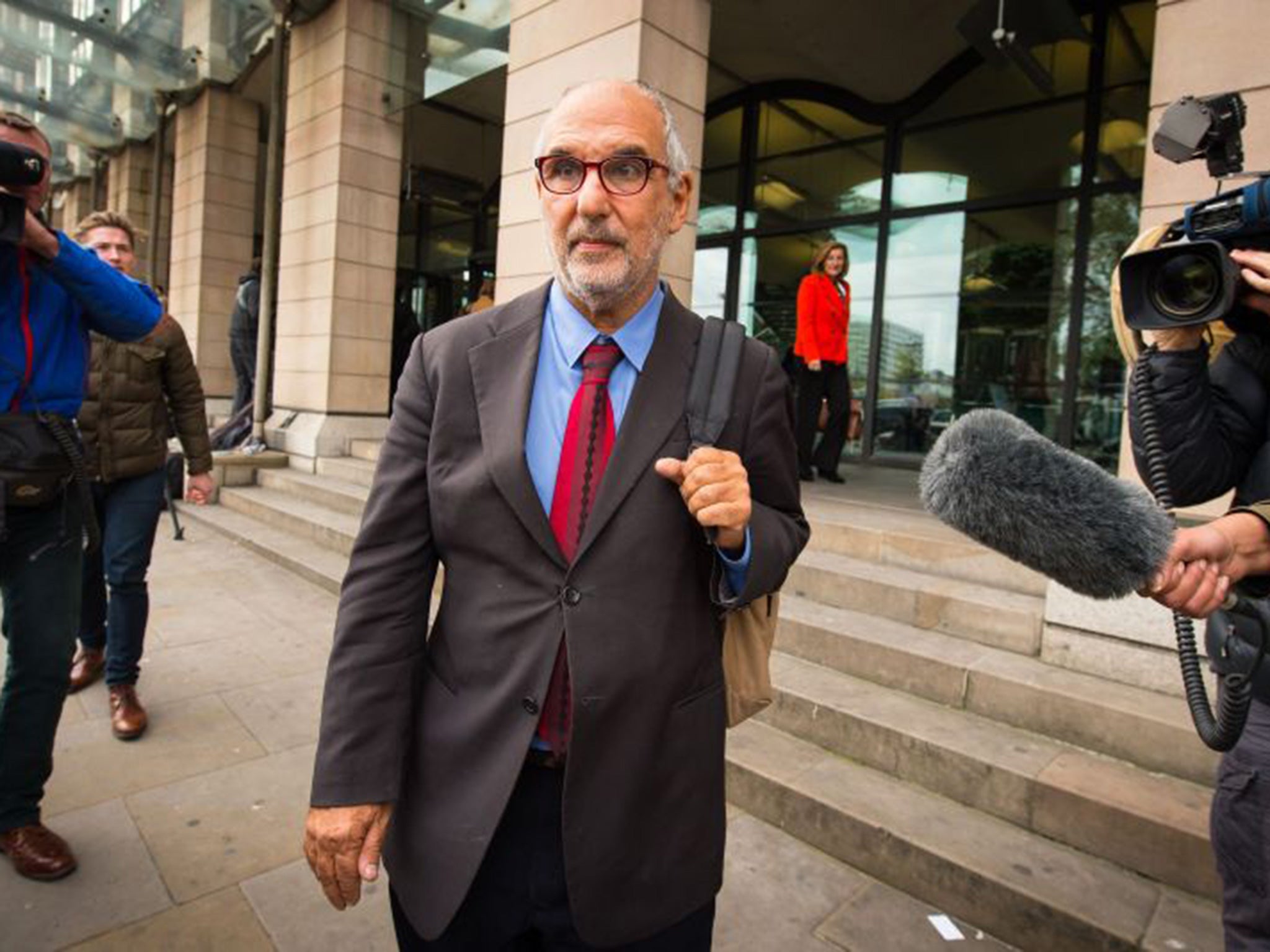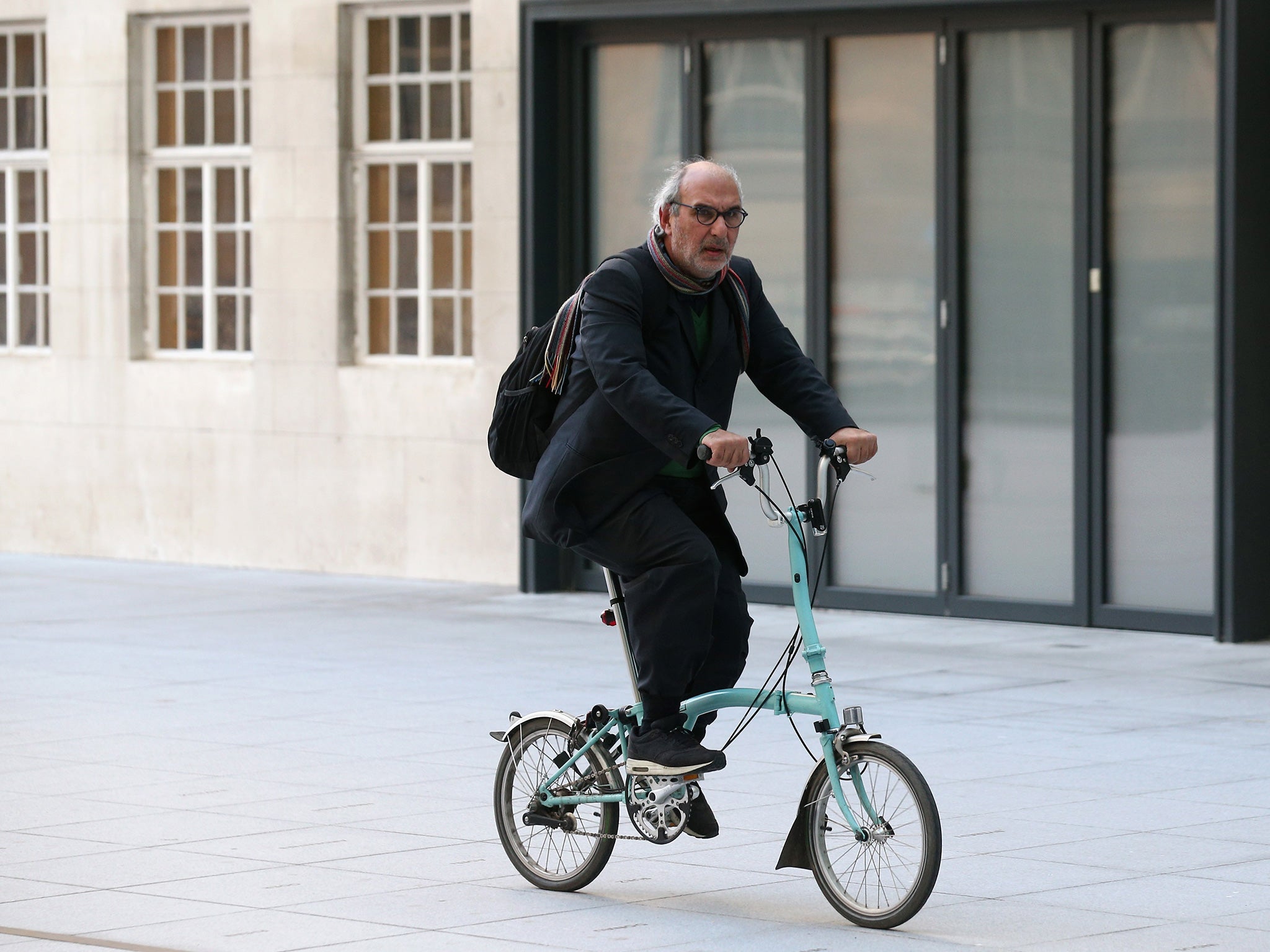Alan Yentob profile: 'If you see Jay-Z, tell him Alan was looking for him'
An executive whose ability to negotiate the worlds of high culture and celebrity produced ground-breaking arts programming for the BB

Your support helps us to tell the story
From reproductive rights to climate change to Big Tech, The Independent is on the ground when the story is developing. Whether it's investigating the financials of Elon Musk's pro-Trump PAC or producing our latest documentary, 'The A Word', which shines a light on the American women fighting for reproductive rights, we know how important it is to parse out the facts from the messaging.
At such a critical moment in US history, we need reporters on the ground. Your donation allows us to keep sending journalists to speak to both sides of the story.
The Independent is trusted by Americans across the entire political spectrum. And unlike many other quality news outlets, we choose not to lock Americans out of our reporting and analysis with paywalls. We believe quality journalism should be available to everyone, paid for by those who can afford it.
Your support makes all the difference."Alan Yentob once walked into a TV green room I was in, looked around, then said ‘if you see Jay-Z, tell him Alan was looking for him’.”
BBC presenter Richard Osman’s observation following Yentob’s departure summed up an executive whose ability to negotiate the worlds of high culture and celebrity produced ground-breaking arts programming for the BBC.
Winning a BBC traineeship in 1968, the Sorbonne and Leeds University-educated son of an Iraqi Jewish family cut his teeth on the Omnibus arts strand before making his mark as editor of the flagship Arena series.
Securing unprecedented access, Cracked Actor, his 1974 portrait of David Bowie, captured the chameleon singer in the throes of a cocaine-induced identity crisis in Los Angeles.
Revealing Arena documentaries on Orson Welles and Mel Brooks, with whom Yentob struck up a long-standing friendship, followed.

A firm believer in the “entertain” instruction of the Reithian “inform, educate” trilogy, Yentob rose up the BBC hierarchy and became controller of BBC2 in 1987, where his success included The Late Show, Have I Got News For You? and Absolutely Fabulous.
He cancelled failing soap Eldorado and commissioned Pride and Prejudice during a stint running BBC1 but despite predictions that Yentob might be a future Director-General has was temperamentally unsuited to the highest corporate advancement.
Awarded a sprawling empire covering drama, entertainment and children’s TV, Yentob’s expenses came under scrutiny. Although he was cleared of abuses, the affair uncovered a somewhat chaotic management of his own affairs.
Chosen from an apparent shortlist of one to present Imagine, a new BBC1 arts strand, Yentob’s lugubrious presenting style was mocked by critics, along with his penchant for filming in exotic locations.
Yet an appearance as himself, arm-wrestling with Salman Rushdie, in the BBC satire W1A demonstrated that Yentob was in on the joke. Across 150 episodes, Imagine has produced scholarly yet accessible films on topics ranging from Lucian Freud to hip-hop.
He was hurt by accusations that the latest series, featuring Sir Antony Gormley, architect David Chipperfield, had become a showcase for “Al’s pals” and said he regretted the absence of a major female figure.
Given a talent management role as BBC Creative Director, stroking the egos of screenwriters and stars, Yentob was often thrust forward to defend the BBC during its intermittent scandals.
Now engulfed by the Kids Company scandal, Yentob’s future creative contribution will be delivered on screen.
Join our commenting forum
Join thought-provoking conversations, follow other Independent readers and see their replies
Comments